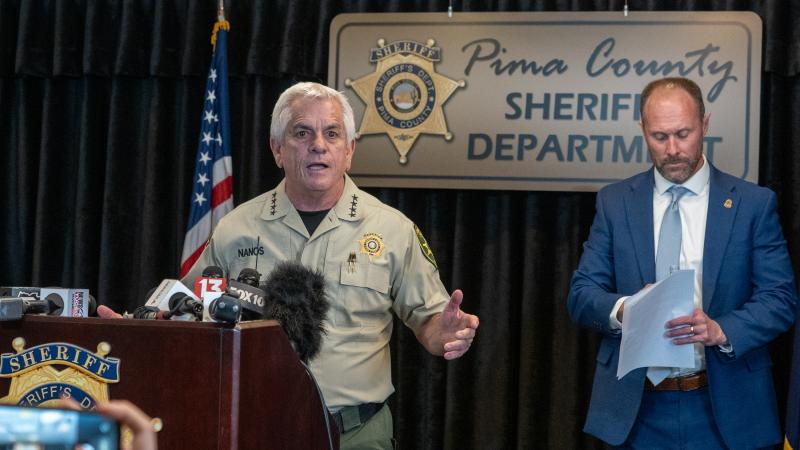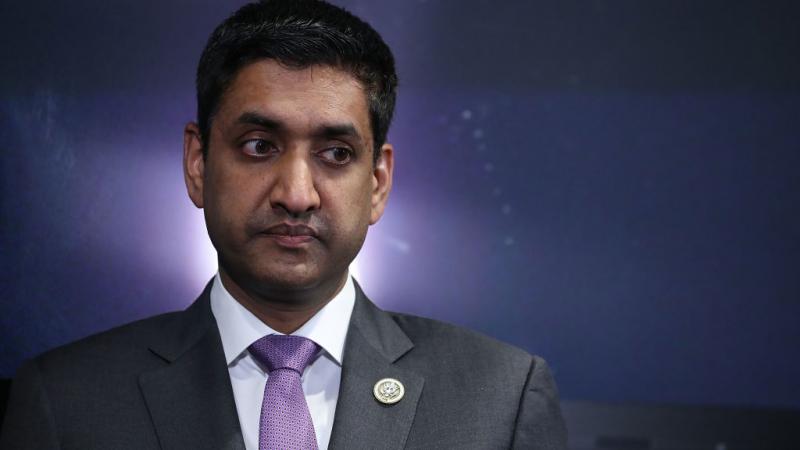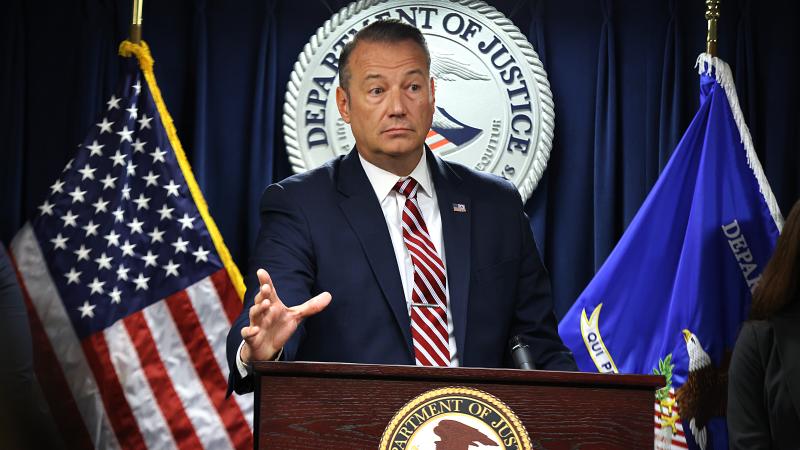Supreme Court hears oral arguments in ghost guns case Garland v. VanDerStok
"Even if the government wins, these raw materials and manufacturing devices will likely remain beyond the scope of the Gun Control Act, unless Congress amends the law," says a legal expert
Supreme Court is hearing oral arguments in the ghost guns case Garland v. VanDerStok on Tuesday.
The case deals with regulatory changes that the Bureau of Alcohol Tobacco and Firearms (ATF) made in 2021 to the Gun Control Act in an effort to regulate unserialized firearms or "ghost guns."
The ATF change's to the law's definitions of firearm, firearm frame, and receiver drew a legal challenge from a group of gun owners as well as firearm rights organizations and manufacturers.
Dr. Robert Leider, assistant professor of law at the Antonin Scalia Law School at George Mason University, predicted that the Supreme Court would likely uphold ATF’s rule changes.
"These 80% frames look like handgun frames and become fully functioning with minor modifications. Justice Alito seemed responsive to the government’s argument that these mostly completed frames have no function other than to become fully functional firearm frames," he said in a statement.
"That distinguishes them from blocks of metal, which could become a variety of objects by applying different manufacturing processes. Chief Justice John Roberts observed that a person who finished one of these frames probably would not view himself as the firearm manufacturer because of the ease with which he could complete the process," he added.
Leider said the controversy over ghost guns will continue after the Supreme Court's ruling.
"With the rise of 3D printing and other new manufacturing technologies, manufacturing is becoming cheaper and more accessible to those without specialized skills. We will likely see more devices within the reach of ordinary consumers that are capable of turning raw materials into finished firearms," he said.
"Even if the government wins, these raw materials and manufacturing devices will likely remain beyond the scope of the Gun Control Act, unless Congress amends the law. We may also see, as we have already, actions by state legislatures to address privately manufactured firearms," he also said.












